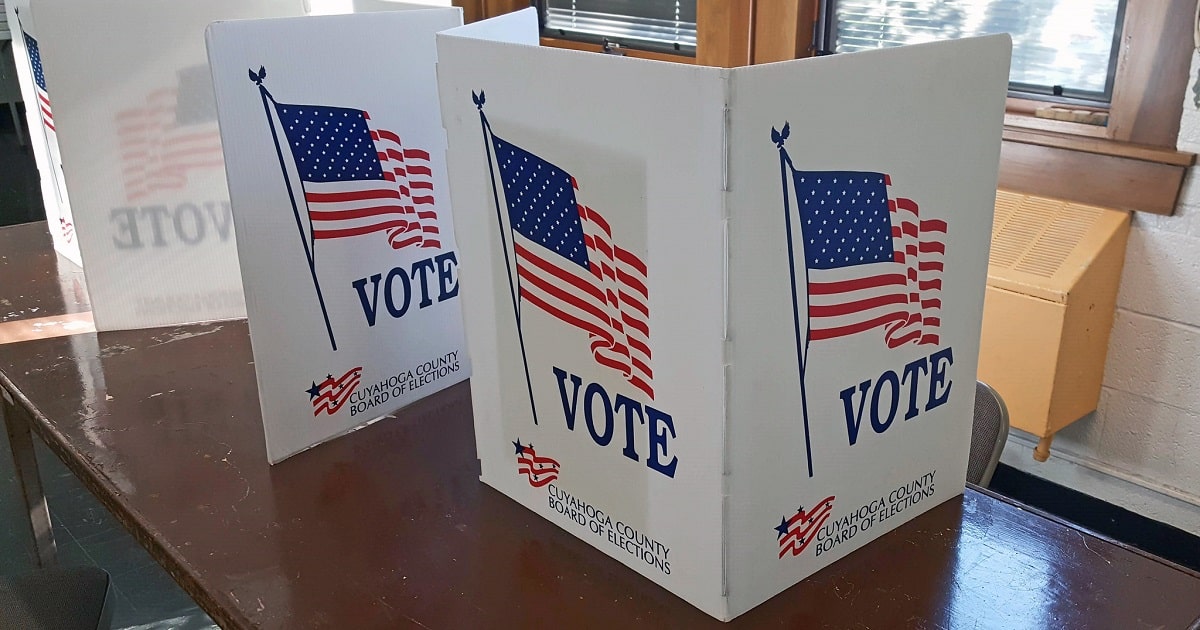



Imagine boarding a plane, unaware that the federal government has flagged you for enhanced scrutiny—not for security risks, but for your political beliefs.
This is the chilling reality faced by Rep. Abe Hamadeh, R-Ariz., who recently spoke to Fox News Digital about how he was among three Republican members of Congress targeted by the Biden administration’s now-defunct “Quiet Skies” program. It’s a stark reminder of how far bureaucratic overreach can stretch when unchecked.
The story boils down to a troubling misuse of power: a federal surveillance initiative meant to protect air travel was allegedly turned against political opponents, including Hamadeh, before its termination by the Department of Homeland Security (DHS) in June 2023.
Let’s rewind to 2010, when the Transportation Security Administration (TSA) launched the “Quiet Skies” program to identify passengers for extra screening on domestic and outbound international flights.
It sounded reasonable—until it didn’t. Costing taxpayers a hefty $200 million annually, DHS later admitted the program failed to thwart any terrorist attacks, raising questions about its true purpose.
Fast forward to December 2022, when Hamadeh, a former U.S. Army Reserve intelligence officer with top secret clearance, found himself under this program’s watchful eye.
This wasn’t just any time; it coincided with his legal challenge to the Arizona Attorney General election results, a razor-thin contest decided by a mere 280 votes out of 2.5 million. The timing, as Hamadeh himself noted, feels more than coincidental.
“It sadly doesn't surprise me,” Hamadeh told Fox News Digital, reflecting on the surveillance. And why should it? When banks were closing accounts over conservative leanings and social media platforms were silencing dissenting voices, this kind of federal overstep seems like just another chapter in a broader campaign to stifle opposition.
Indeed, DHS itself later confirmed the program had become overly politicized, used to either favor or harm specific individuals. That’s not a security measure; that’s a political weapon. It’s no wonder the program was shuttered in June 2023 amid mounting concerns over abuse.
Hamadeh wasn’t alone—only three Republican members of Congress were reportedly singled out under “Quiet Skies,” a curiously selective focus. Why not others with equally notable travel patterns? The narrow scope suggests a deliberate agenda, one that prioritized political foes over genuine threats.
Senate Homeland Security and Governmental Affairs Committee Chair Rand Paul, R-Ky., took up the cause, holding a hearing before October 4, 2025, to probe the program’s misuse.
Records obtained by Paul earlier in 2025 also revealed that federal air marshals tracked Tulsi Gabbard, now Director of National Intelligence, on domestic flights in 2024, noting personal details like her appearance and electronics usage. It’s a pattern that’s hard to dismiss as a mere coincidence.
DHS has since pivoted, insisting it will rely on other methods to ensure safe air travel. But the damage is done—trust in federal agencies takes a hit when programs like this morph into tools for political gamesmanship. The public deserves better than a government playing favorites at 30,000 feet.
Hamadeh’s background as a military officer with extensive overseas travel only deepens the oddity of his targeting. If someone with his credentials isn’t exempt from suspicion, who is? It’s a question that cuts to the heart of whether “Quiet Skies” was ever about safety at all.
The senator leading the charge, Rand Paul, isn’t mincing words about the need for reform. “We must make sure that this program does not come back under another name,” Paul declared, pushing for full transparency and the removal of officials who greenlit such surveillance. His call for a process that respects the Constitution is a rallying cry for those weary of government overreach.
DHS Secretary Kristi Noem has also weighed in, demanding a congressional investigation into what she calls a “political rolodex” weaponized against adversaries.
It’s a vivid image—one that paints the Biden administration’s tactics as less about security and more about settling scores. If true, it’s a betrayal of the American people’s trust.
The fallout from “Quiet Skies” isn’t just about one program; it’s about the broader erosion of faith in institutions meant to protect us.
When a $200 million-a-year initiative fails to stop a single attack yet finds time to monitor elected officials, something’s gone terribly wrong. Conservatives and moderates alike should be alarmed by this misuse of resources.



